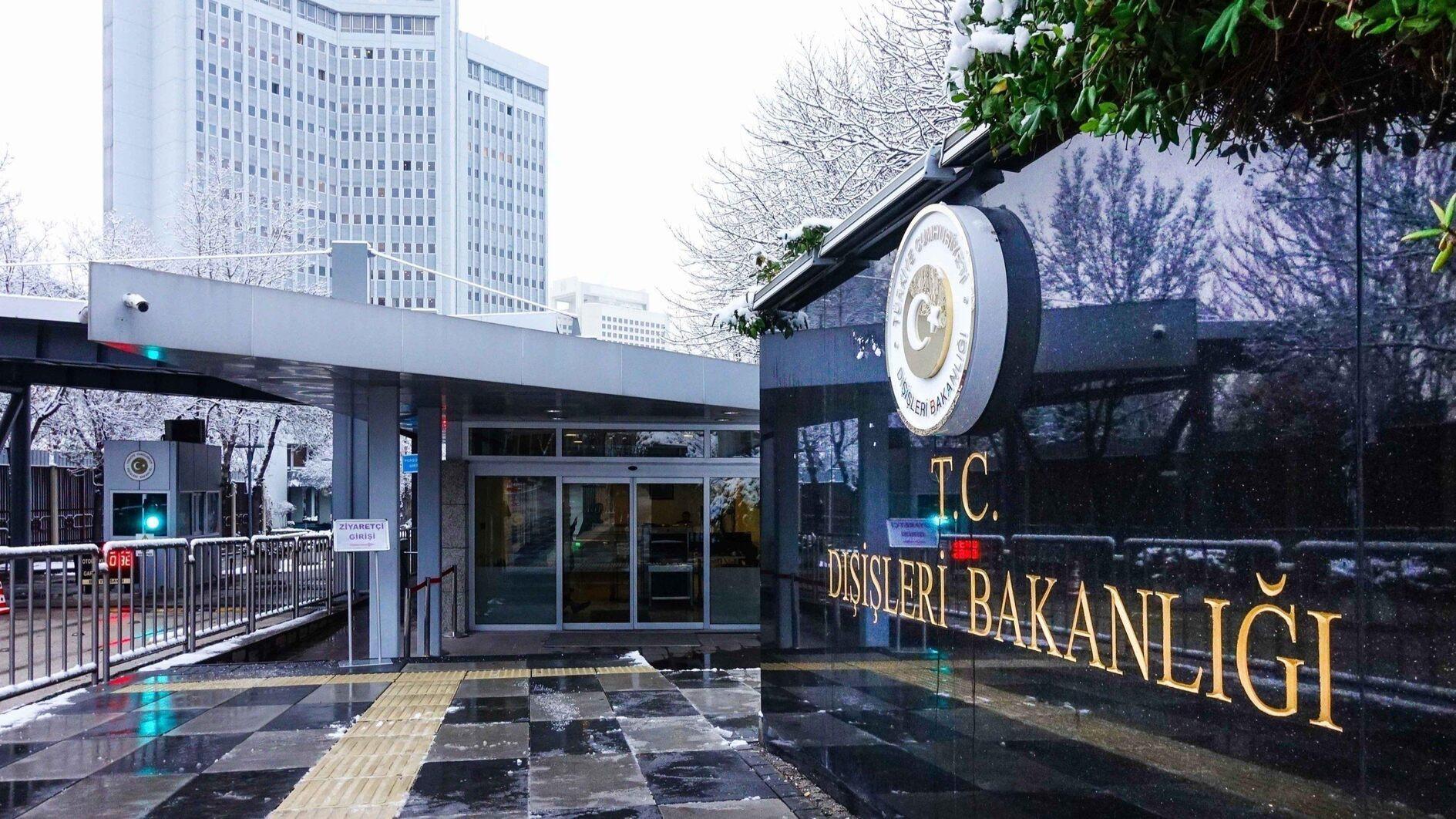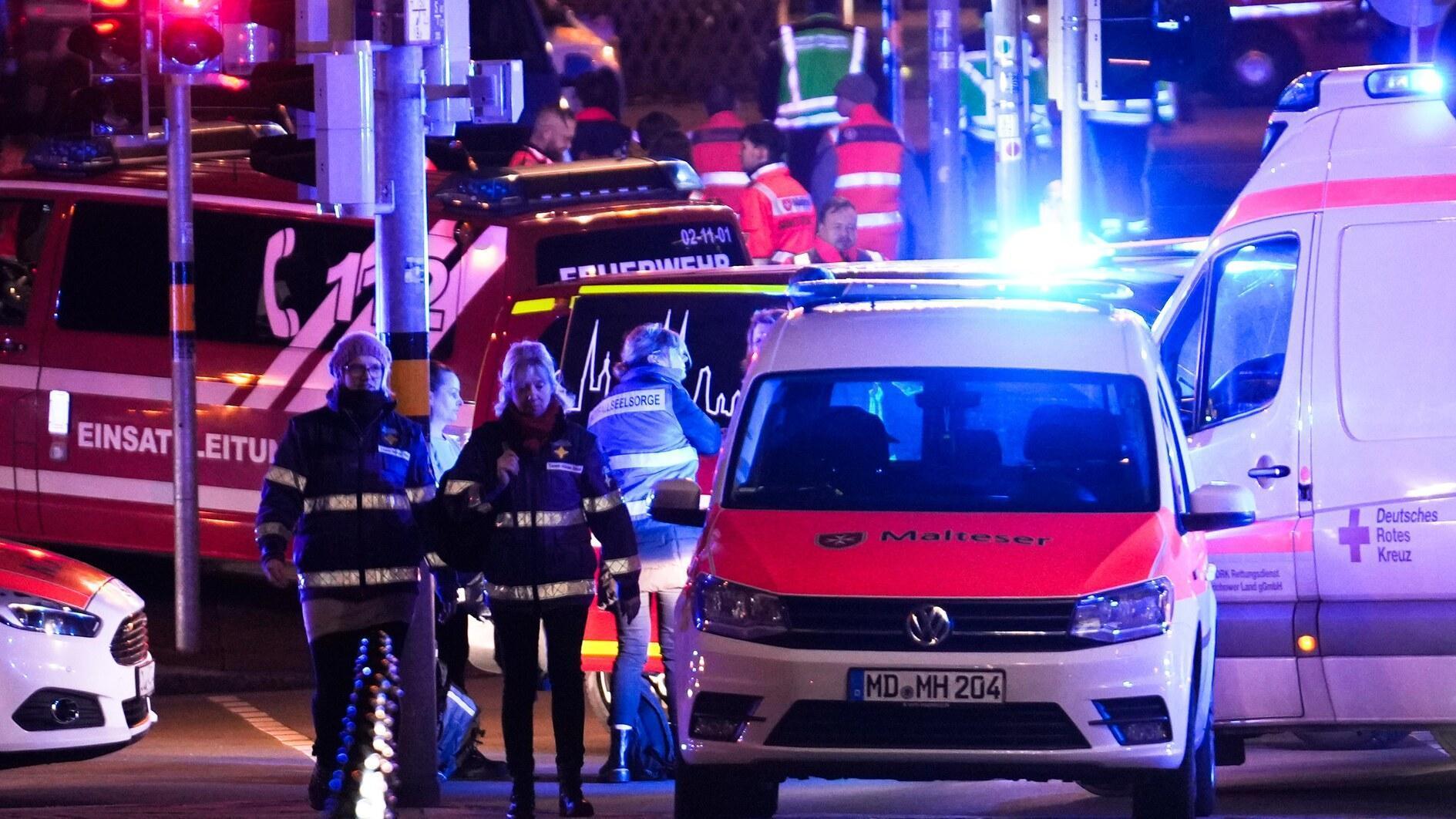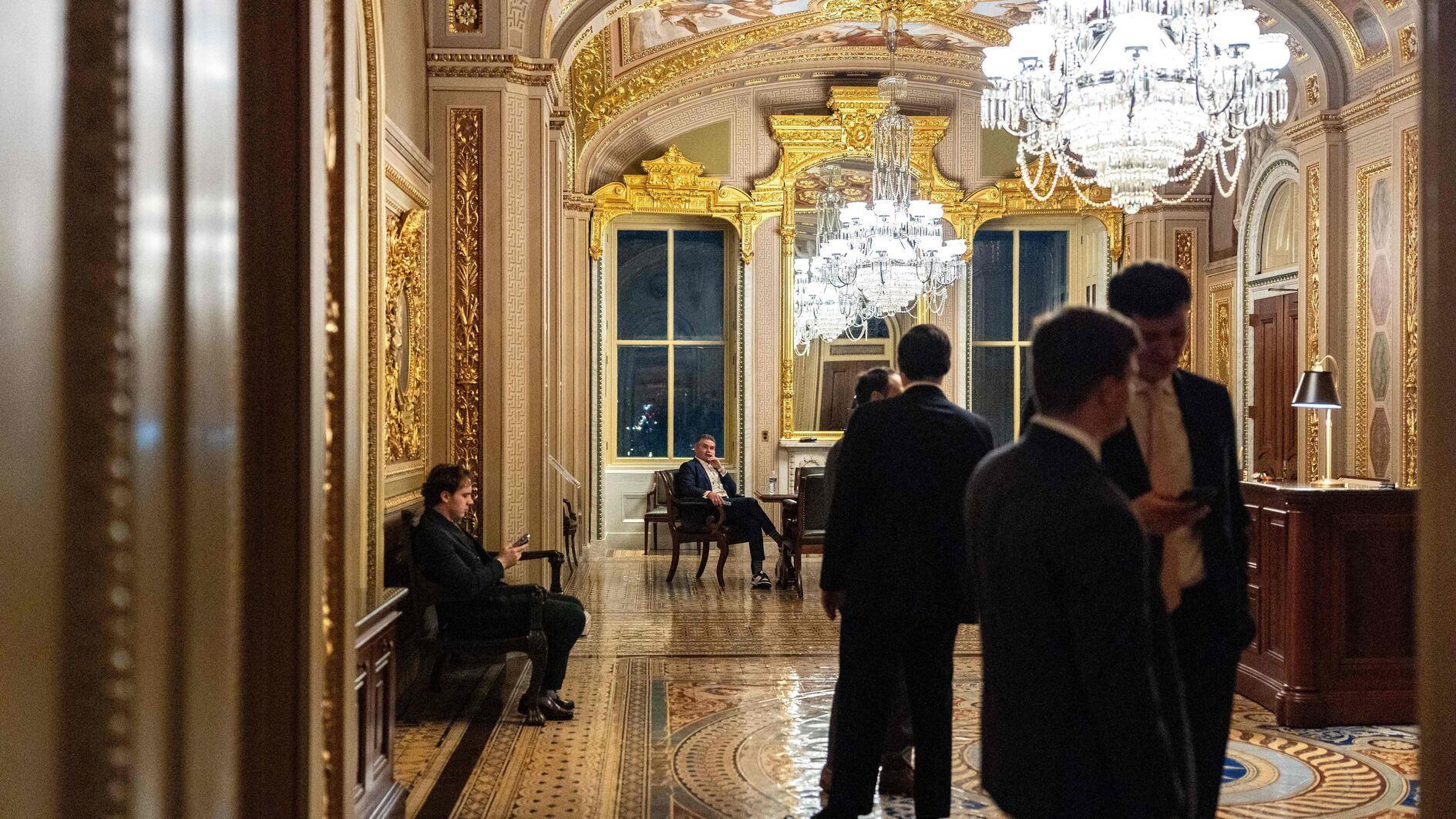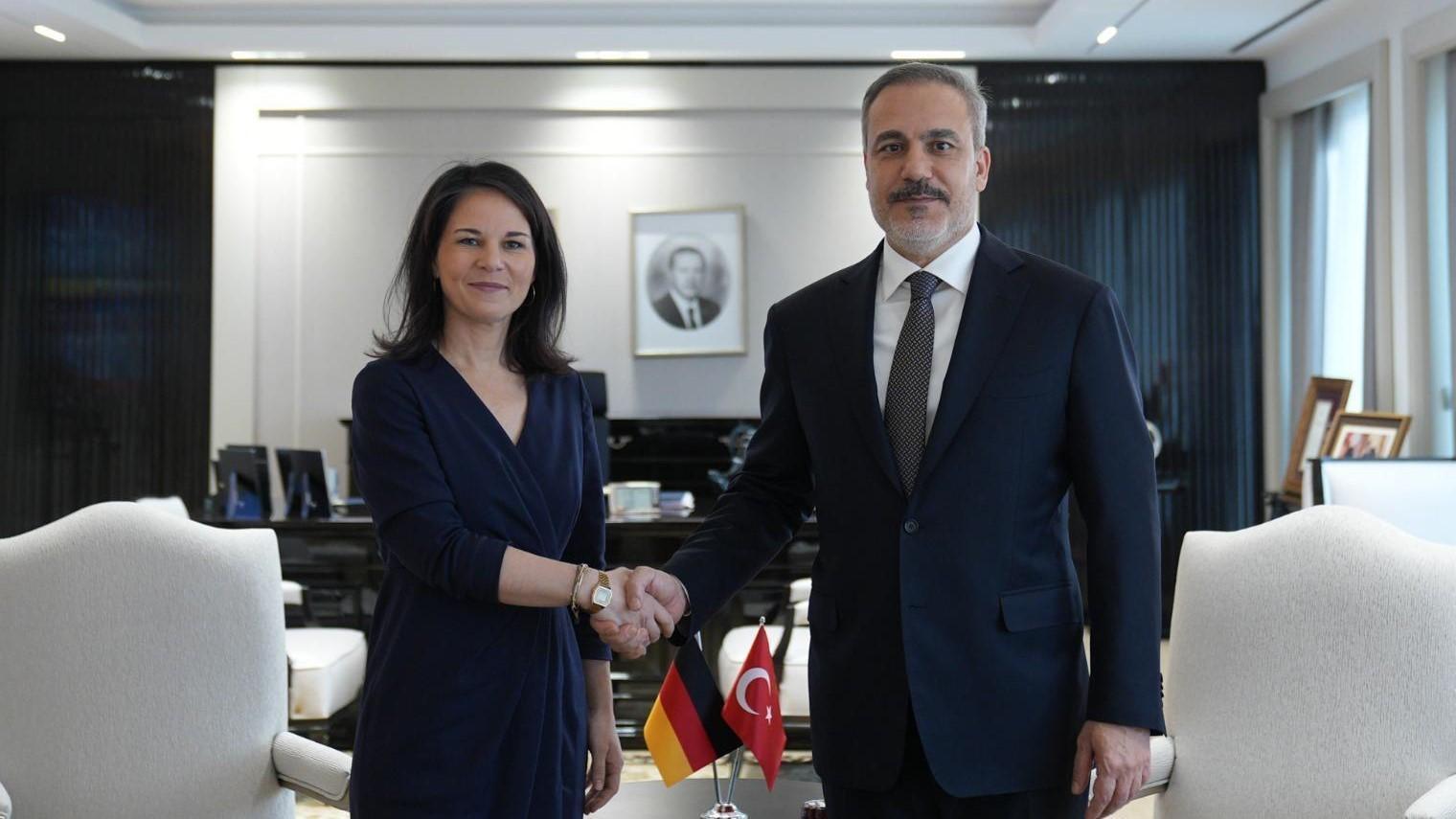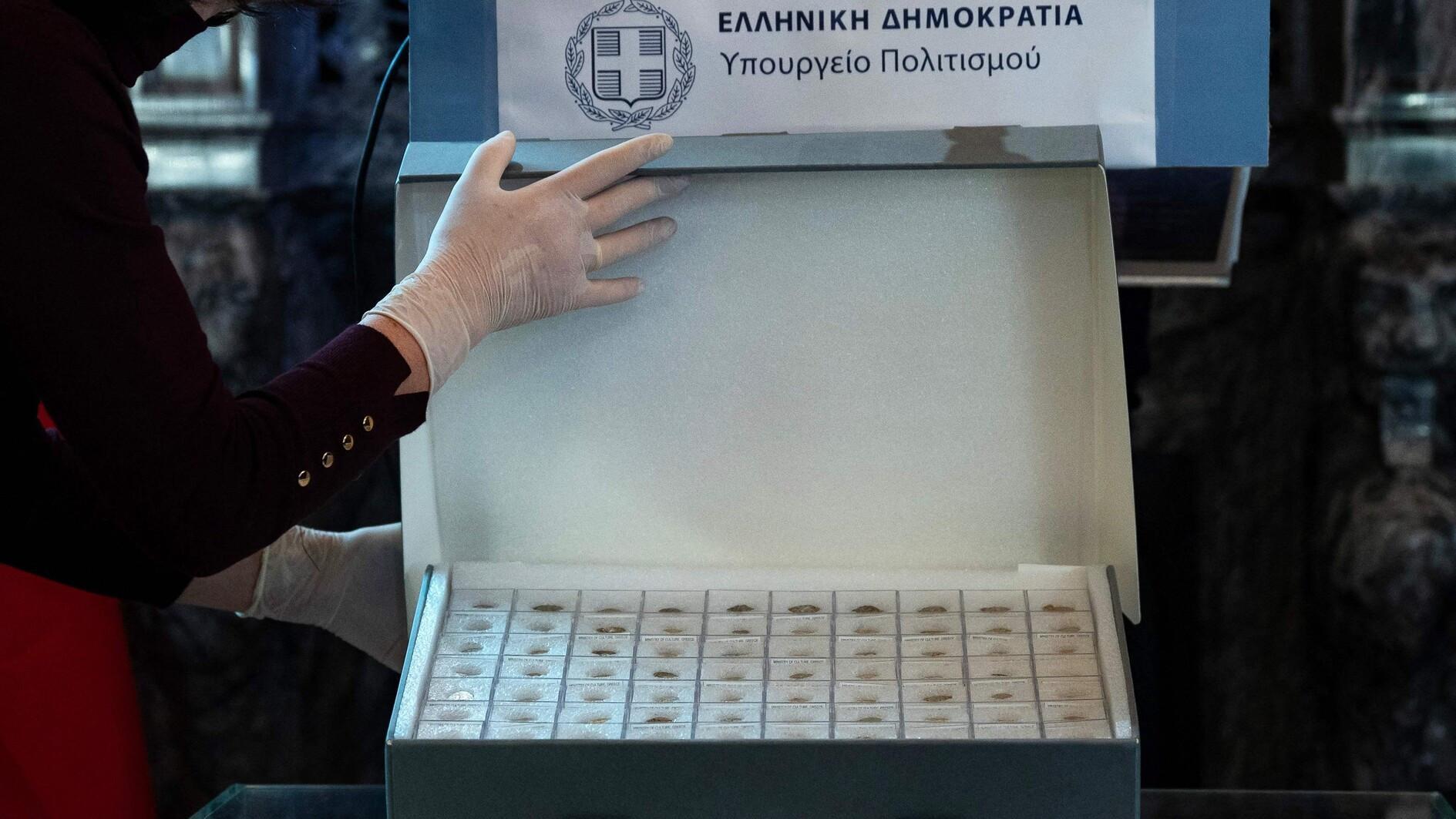Turkey and the EU need a new start
Prime Minister Ahmet Davutoğlu says Turkey’s EU perspective remains one of his government’s strategic objectives. The fact that Volkan Bozkır, a former ambassador who knows Europe well, has been appointed as EU minister is a good sign in this regard.
Davutoğlu’s choice of foreign minister could also be seen in the same light. Like Bozkır, the soft-spoken Mevlüt Çavusoğlu, a former President of the Parliamentary Assembly of the Council of Europe, also knows Europe well.
Words of commitment, however, are not sufficient. Turkey’s ties with the EU have been seriously lagging and there is the need to reenergize them with concrete steps.
The EU side is not innocent, of course, in terms of the dampening of Turkish enthusiasm with regards the EU. The standoffishness and openly discouraging attitude of some member states has not helped. Turkey however is not innocent either, having not only slowed down its reform process, but also started to roll back the democratic advances made over the past decade.
This means that Davutoğlu will have to show that Ankara’s EU perspective is indeed a strategic one for Turkey. Unfortunately, though, it is not clear how this is going to happen given President Recep Tayyip Erdoğan’s political agenda.
Even Erdoğan’s choice of chief economic advisor adds to the doubts on this score. The verbally abrasive former journalist Yiğit Bulut has made a reputation for himself with his vitriolic anti-European remarks and claims that the EU is out to destroy Turkey.
It is clear that Davutoğlu will be taking his cue from Erdoğan, so one wonders how he plans to advance Turkey’s “strategic” EU perspective under these circumstances. That perspective nevertheless remains on the table and neither side knows what to replace it with because of the EU’s importance for Turkey and vice versa.
Anyone with any sense sees that severing these ties in the way wanted by the right-wing in Europe - and those who think like Bulut in Turkey - will serve no purpose in a historic context, and will ultimately be to the disadvantage of both sides.
Equally clear however is that the present format in terms of Turkey’s bid for EU membership can no longer be considered valid. The economic crisis has affected Europe deeply and is set to change the way things are organized in the EU between member states, let alone the positions of candidate countries.
It is therefore up to both Turkey and the EU to come up with a new and functional relationship that might in the end prove to be less than full membership, but which is not devoid of important layers of interaction that carry aspects of full membership.
But this will not be the “special partnership” that Germany has talked of. That connotes a “second division” place for Turkey. The kind of relationship being proposed here is based on full equality in the fields where the sides decide to deepen their ties, while retaining full sovereignty and independence in fields they choose not to interact in.
The time is ripe for new and novel modes of thinking given that Turks are less than enthusiastic about full EU membership, not only because of the discouragements that have come from Europe, but also because they have seen over these past few years that EU membership is not the magic answer to everything.
Turks also see that many Europeans today rue the day their country joined the EU and are openly displaying this sentiment at the ballot box.
However, the EU is here to stay even if it takes on new appearances. Turkey and the EU will therefore have to establish a new “modus vivendi” whether they like it or not.
This will have to be one of the tasks of the Erdoğan-Davutoğlu team as they unfold their plans for what they are proverbially referring to as “The New Turkey.” Given their packed domestic agenda, though, it remains to be seen if they even have time to think about this.



